Article not found
This article is no longer available. But don't worry—we've gathered other articles that discuss the same topic.
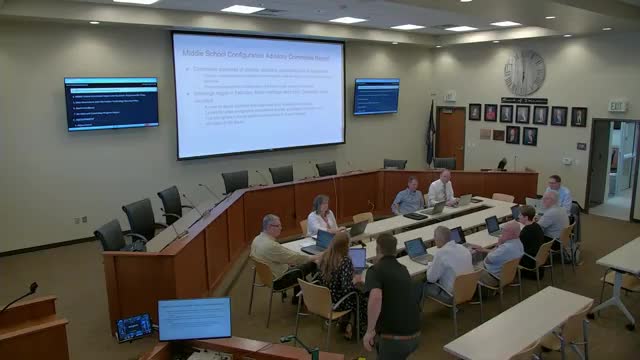
Board reviews middle‑school schedule plan: sixth grade moves, US history alignment, math lab recommended
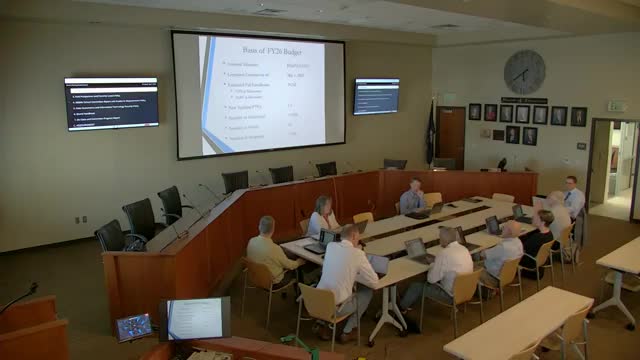
Business administrator previews budget: WPU increase, ESSER cliff and levy decision loom
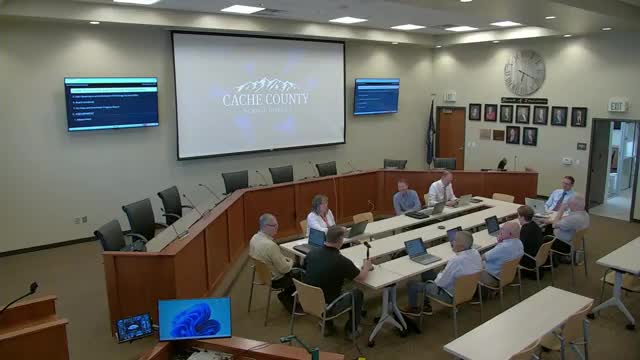
District proposes data governance and IT security policy; HB 124 provisions added
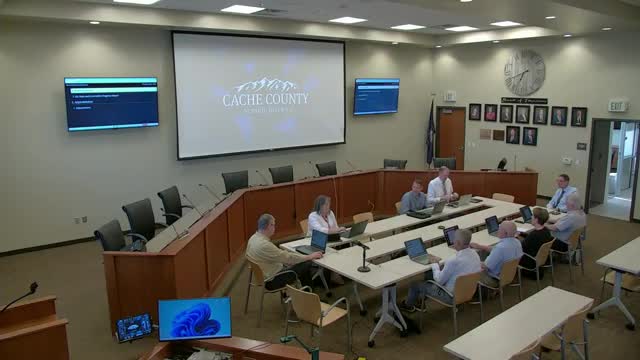
Dual‑language immersion committee reports steady proficiency, enrollment shifts and recommends magnet/feeder changes; transportation funding not recommended
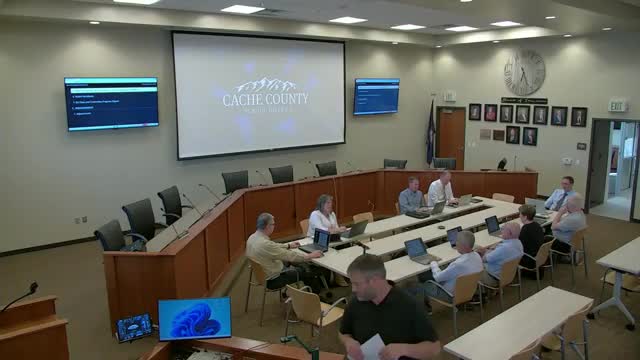
Board considers handbook revisions and whether members should join principal hiring panels
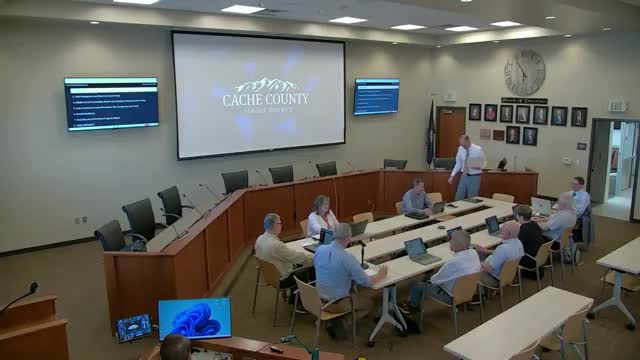
District to adopt state‑mandated paid postpartum and parental leave effective July 1

